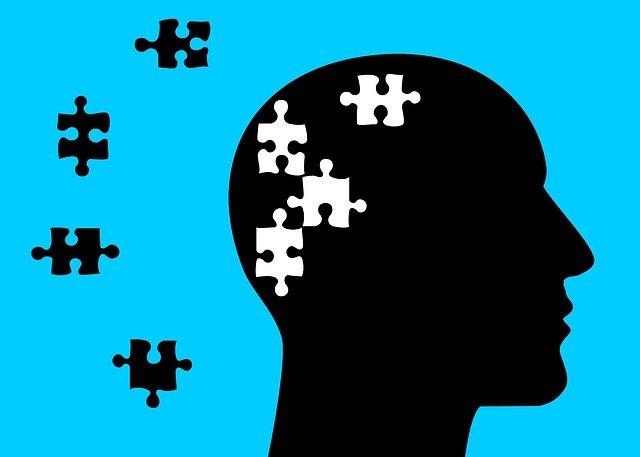Training launched for mental health leads in schools and colleges

Pupils in up to 7,800 schools and colleges will benefit from a trained senior mental health lead tasked with identifying those who need support and improving access to specialist services.
Eligible schools and colleges will be able to apply for a grant of £1,200, which can be used to enable senior leaders to gain the knowledge and skills they need to roll out an effective ‘whole school or college approach’ to mental health and wellbeing, embedding it into their culture and making it a priority alongside academic recovery.
Backed by a total of £9.5 million, announced in May, this grant funding includes training on how to use existing mental health resources more effectively, identify students who need mental health support, and on how to improve working with local mental health services so that children and young people who need specialist help, get this as soon as possible. The government remains committed to offering this training to all state schools and colleges by 2025.
The launch of this training comes as the Children’s Commissioner for England, Dame Rachel de Souza, publishes the result of her ‘Big Ask’ survey, which accounts for the views of 500,000 children in England – more than half of whom said that having good mental health was a priority for them.
Minister for Children and Families, Will Quince, said:
“I’m always impressed by the resilience and tenacity of our young people, but we know they have faced huge challenges during the pandemic so we owe it to them to prioritise their mental health and wellbeing as we build back better.
“This training is part of the £17 million package we’ve put in place to build on the mental health support available in schools, which also includes work to help education staff respond to children who may have experienced trauma, anxiety, or grief.
“Today marks an important step forward in our commitment to making wellbeing a central part of education recovery, by giving school and college staff the confidence to not only teach about good mental health but also understand what steps to take if they feel a pupil is struggling.”
More teachers and education leaders are also set to benefit from improved guidance on developing good mental health practices, as the Department for Education, Public Health England, and the Children and Young People’s Mental Health Coalition, publish a new edition of guidance on taking a whole school and college approach to mental wellbeing.
This guidance, first published in 2015 and updated to reflect current need, will provide schools and colleges with further information on how to develop mental health and wellbeing practices that help support all of their pupils, including through better leadership practices, effective working with local services, and a supportive culture and ethos.
The updated whole school approach to mental health guidance is supported by a range of research, which suggests that taking a coordinated approach to mental health and wellbeing can lead to improved emotional health and wellbeing in children and young people and help improve their readiness to learn. Schools and colleges that have already taken this approach have reported improved attendance, attention, behaviour and attainment.
Schools and colleges can also access support and training to help them deliver the new Relationship, Sex, and Health Education (RSHE) curriculum, which became mandatory to teach in 2020. The curriculum includes modules detailing the importance of mental wellbeing, and all schools have been encouraged to set aside INSET time to review the available RSHE teacher training modules and guidance.











Responses